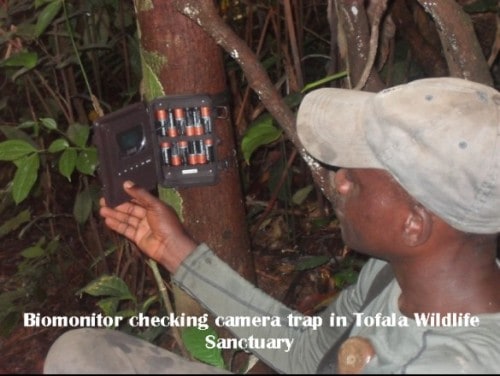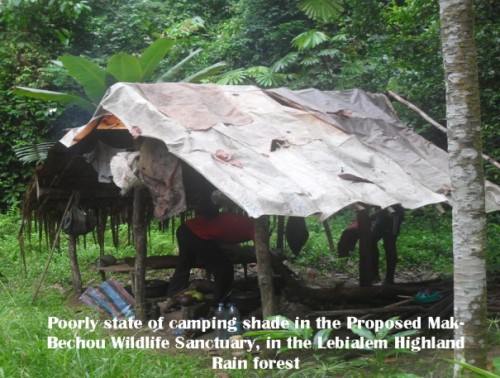
In order to document the state of the protected wildlife species in these sanctuaries there is the great need for constant monitoring and data collection as they are continuously being threatened with anthropogenic activities. The Biodiversity and Conservation Research Group of the ERuDeF Institute of Biodiversity and Non-profit Studies, with more than 5 years of experience in wildlife monitoring in these sanctuaries, are limited in reporting the accurate state of the animals in these areas due to lack of sufficient monitoring equipment. With just 8 camera traps and no camping equipment, the protected species cannot be effectively monitored in over 61,750 acres of protected area.


With a support of US$1,564,350, the monitoring potential of the team would be upgraded and accurate data would be collected on real time situation of the protected species which will foster conservation activities for the next 6 years. Publishing the data collected on the actual state of the protected wildlife species in these Sanctuaries will attract volunteers and tourist all over the world. Thus, more people will visit these protected area thereby promoting the ecotourism industry in Cameroon and the economic situation of the local communities around these protected areas who will benefit through trading with the visitors.
More about our activities can be found on www.erudef.org www.erudefinstitute.org and training@erudef.org . With so many years of experience in wildlife monitoring, any support to this team will be contributing to the protection of the world’s critically endangered species, thus, reducing the risk of extinction.



